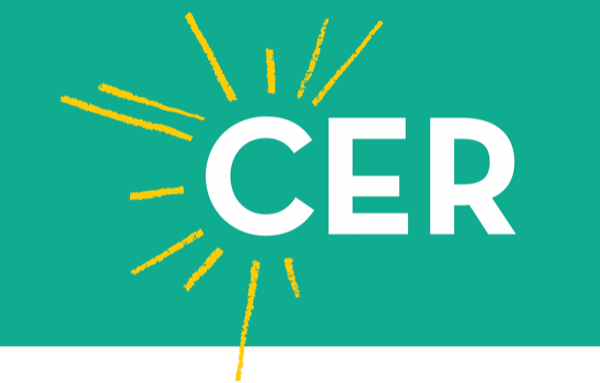chevron_leftchevron_right
Charter Schools
Score
50%
Grade: F
Rank: #47
A politically resistant landscape for charters continues in the Old Dominion state, but the creation of Lab Schools, which operate in a similar fashion, foster new educational approaches and engage universities in an opportunity to oversee innovative public schools that parents can choose. While it's far from the freedom and access to great education that charters offer in many other states, the new program may build confidence in having more public school options.
Fast Facts:
Law passed: 1998
Most recently amended: 2023
Number of charter schools: 7
Number of charter students: 1,300
Cap on the number of schools allowed: No
Virtual charters allowed: No
Charter Law Analysis:
AUTHORIZERS: Districts are the only charter authorizers but applications must be submitted to the state board of education for review prior to authorization by the local district. There is no appeals process. Applicants may resubmit a revised application or reapply later to the local board only. Lab schools, which function similarly to charters, can be created by any public institution of higher education, public higher education center, institute, or an eligible private institution of higher education. While there's a large list of applicable authorizers, as of 2023 only four schools have been approved.
GROWTH: Though there is no cap on the number of schools, the few charter schools are entirely dependent on districts for expansion, which rarely happens. There are only 7 charter schools, with the sector experiencing stalled growth. Lab schools, however, are growing in popularity; 16 have already approved and an additional 20 applicants in the pipeline.
OPERATIONS: Charter schools here have no operational autonomy. Districts create them more as programs than full fledged independent public schools. Each must negotiate waivers from their districts.
EQUITY: Charters applying for authorization must negotiate on the terms and conditions for funding. This policy financially hampers the charter school's independence as there is no guarantee of equality of funding.
Choice Programs (Scholarships, Vouchers, Tax Credits, etc.)
Score
68%
Grade: D
Rank: #23
Despite a complacent legislature and districts that guard their turf like they're waging the Battle of Bull Run, the state executive and his team supports is working to boost the $25 million tax-credit program and started a $68 million learning acceleration grant program with federal Covid relief fund to support families working to close their children's learning gaps.
Fast Facts:
Law enacted: 2012
Most recently amended: N/A
Number of programs: 1
Statewide participation: 4,800
Types of programs: Tax-credit scholarship
Choice Laws & Analysis:
Tax-Credit Scholarship
Education Improvement Scholarships Tax Credits Program
Launched in 2013 provides, the state's scholarship program enables 4,710 students to attend the school of their choice. It gives a 65% tax credit to individuals and corporations that contribute to Scholarship Foundations. To be eligible, family income must be less than 300% of the federal poverty line, and students must be entering kindergarten, already a public school student in Virginia, a previous scholarship recipient, or a new resident in Virginia. This program has no enrollment cap, and the budget is $25 million.
Teacher Quality
USE OF STUDENT DATA IN EVALUATING TEACHER PREP
"Virginia requires "evidence of contributions to preK-12 student achievement by candidates completing the program." Yet, NCTQ points out that because the state mandates evidence of the ability to impact student learning through various data sources, which does not guarantee objective evidence of student achievement will be used to link student gains to preparation programs."
This is just one indicator from The National Council on Teacher Quality, which collects and analyzes states on how well their policies and practices lead to well-prepared teachers. They collect data on state laws and regulations concerning the preparation of teachers, the policies that govern their oversight and the contracts that guide their employment. Learn more about your state here.
National Council on Teacher Quality
https://www.nctq.org/yearbook/stateHome/VA
keyboard_arrow_down
